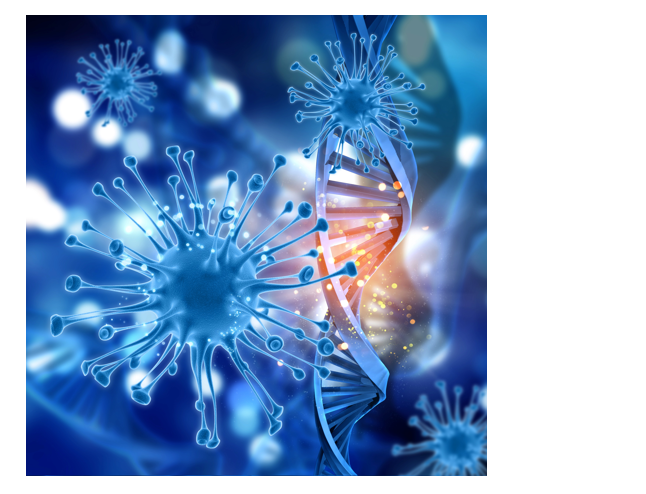About Us
DEEDS:
a platform for shared data and computing that supports the entire research process
Why DEEDS ?
In research investigations, scientists and engineers carry out complex, long-running, team-shared activities involving the collection and integration of data, the execution of computational software, the analysis and visualization of data and software output, and the synthesis of results to produce conclusions. In most disciplines this process is done in an ad-hoc manner because existing IT platforms support only part of the investigative workflow. This means that data, computing, analysis, and outcomes reside in disconnected environments. The lack of continuity in the research process hinders it in many ways: the process is inefficient, difficult to share, and difficult to validate. It also compromises reproducibility of results and makes reuse and reinterpretation of data and algorithms more difficult.
With DEEDS ... research data, computing, and scientific workflows come together in datasets that you build, use and share across your entire investigation.
What are DEEDS datasets?
Research teams build and share DEEDS datasets using an interactive dashboard
- DATA:
Upload, preserve, manage & explore data. Assign metadata and specify rules for metadata standards. Integrate scripts to automatically validate, curate, and check completeness of your data. Collected data for a dataset can consist of
- Files classified by type, format and use, including standard categories (reports, images, video, figures, data) and user-customizable categories such as sensor data, geospatial data, and protocols. DEEDS offers built-in applications to search, explore and visualize files by type and use.
- Data Tables that represent hierarchical, multi-dimensional models for qualitative and quantitative measurements and other data. Data Tables can be customized, organized, re-organized, cloned, and annotated across the investigation lifecycle. Users can upload spreadsheets or interactively enter data to update data tables, including bulk updates. Data tables can be viewed, browsed, searched, filtered and downloaded.
Funding
Our research is supported by the National Science Foundation under Grant No. #1724728, CIF21 DIBBs: EI: Creating a Digital Environment for Enabling Data-Driven Science (DEEDS), awarded by the Office of Advanced Cyberinfrastructure (OAC), Directorate for Computer & Information Science & Engineering. NSF awards $3.5 million 4-year grant to build powerful web platform for data-driven science.Previous funding for this work was provided by the National Science Foundation under Grant No.1443027. DEEDS builds on the existing DataHub platform which designed to help researchers preserve and publish their data for discovery and exploration. DEEDS transformed DataHub from a data sharing platform to a full research support environment.
Contact Us
Principal Investigator, Co-investigators & Senior PersonnelAnn Christine Catlin acc@purdue.edu
Ashraf Alam alam@purdue.edu
Marisol Sepúlveda mssepulv@purdue.ed
Joseph Francisco frjoseph@sas.upenn.edu
Kathleen Hill Gallant hillgallant@purdue.edu
Chandima Hewa Nadungodage chewanad@purdue.edu
